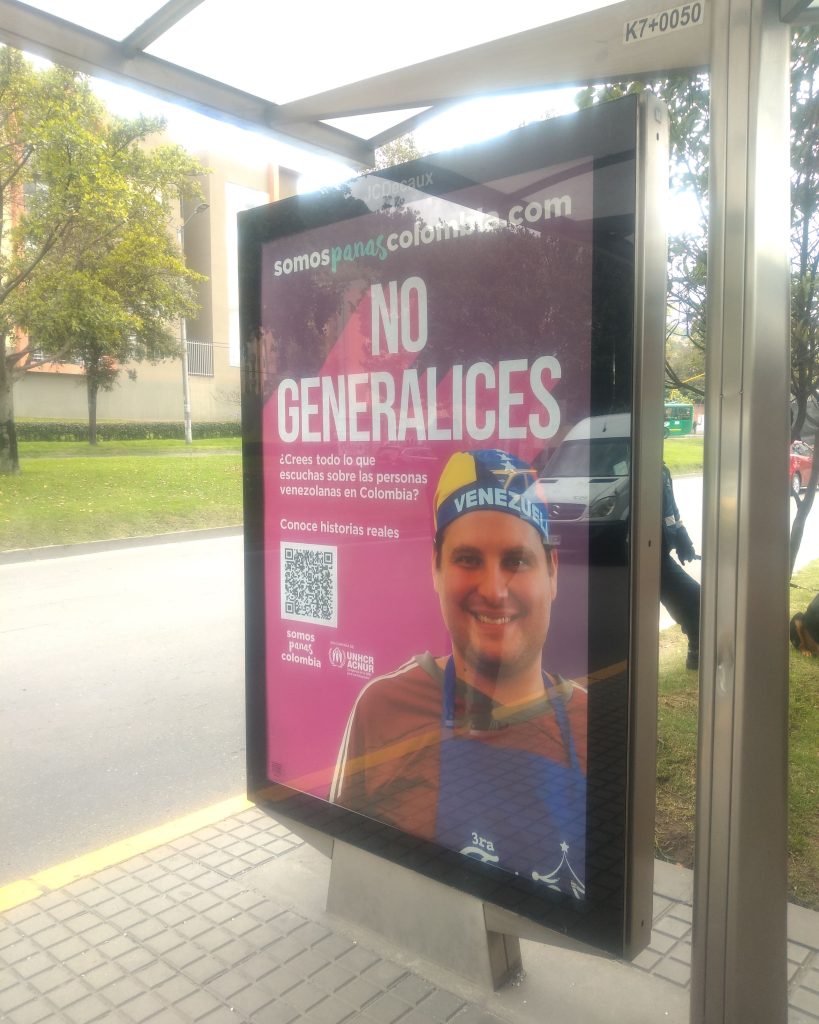Ingresa o regístrate acá para seguir este blog.
[Listen to an audio version of this blog entry here.]
A glance at most reports into the levels of crime and violence in Colombia shows that the country has gradually been getting safer since the turn of the millennium.
The headline-grabbing one — and the easiest to measure really — is how the homicide rate has dramatically fallen, from almost 70 per 100,000 inhabitants in 2002 to just over 24 per 100,000 in 2020.
Not-so-decent criminals
Other insecurity issues — theft, violent crime, rape and such like — are more difficult to both accurately measure and interpret. This is because they aren’t always reported and thus aren’t counted while, conversely, any apparent rise could be down to an increase in victims coming forward and/or better detection by official bodies.
So the “real” picture could actually be better. Or it could be worse. It’s not for nothing we have the saying, ‘there are lies, damned lies and statistics.’
Whatever the current situation is in Colombia — homicides, for one, are on track to increase this year compared to both 2020 and 2019 — the perception here in Bogotá and elsewhere is that violent crime has shot up over the last couple of years.
The belief, supported by numerous anecdotes, is that many armed assailants are no longer just content to steal from their defenceless victims, victims who put up no resistance whatsoever that is, but the delinquents also seem hellbent on inflicting serious bodily harm on their targets.
‘One hypothesis is that this increase in violent crime is down to the arrival of a different breed of thief from the East i.e. Venezuelans.’
In the past, so it goes, most robbers just wanted their booty. So if it was handed over to them immediately the chances of a physical attack were practically zero. The ‘ordinary decent criminal’ one could say, to borrow from the 2000 movie.
Now, however, the idea is proliferating that wanton violence is increasingly a part of such robberies. And, in some quarters, it’s led to a hypothesis that this is down to the arrival of a different breed of thief from the East i.e. Venezuelans.
It’s no revelation to state that some Venezuelans commit crimes here. I recall an El Tiempo article from a few months back highlighting the nationality of those arrested for various offences. The percentage of Venezuelans on the list was slightly higher than their proportion in the population as a whole. Again, one must treat such statistics with caution.
In addition, Bogotá Mayor Claudia López has previously reflected publicly what appears to be a popular opinion amongst the city’s residents that Venezuelans are responsible for this rise — perceived or otherwise — in violent crime.
Drugged-up delinquents
Nationality aside, one has to ask why there seems to be a new-found desire in some thieves to draw blood when robbing people?
I’m not a thief but I would have thought that the principal goal was to take whatever can be taken with as little fuss as possible, as quickly as possible. Wasting time inflicting injuries on cowed victims seems counterproductive to me, potentially detrimental to the “business”.
I say detrimental because in these parts most people expect to suffer from thefts from time to time. Thus, non-violent robberies are almost accepted. When violence is introduced, assailants can expect to see greater pushback from state authorities and the community at large.
One theory for the bloodier thefts is that they are conducted by drugged-up delinquents not tied to any “disciplined” gang. They are their own, dangerously deranged bosses.
There might be something to that. In a more general sense, the British journalist and author Peter Hitchens, for one, is quick to point to the link between violent crime and long-term drug use, particularly marijuana.
Throw in a feeling of hopelessness and associated desperation and one can at least understand the temptation to steal.
It could be done without the reckless violence, though. It rarely ends well for either victim or assailant.
_______________________________________________________________
Listen to Wrong Way’s Colombia Cast podcast here.
Facebook: Wrong Way Corrigan — The Blog & IQuiz “The Bogotá Pub Quiz”.




